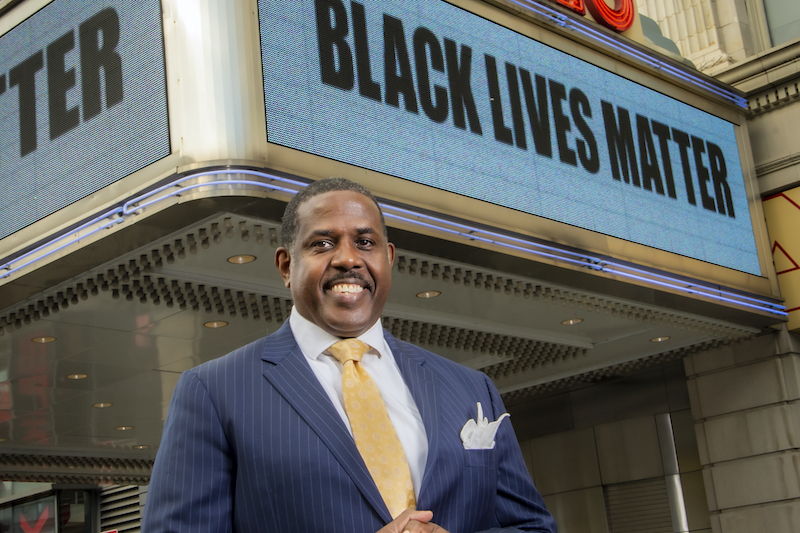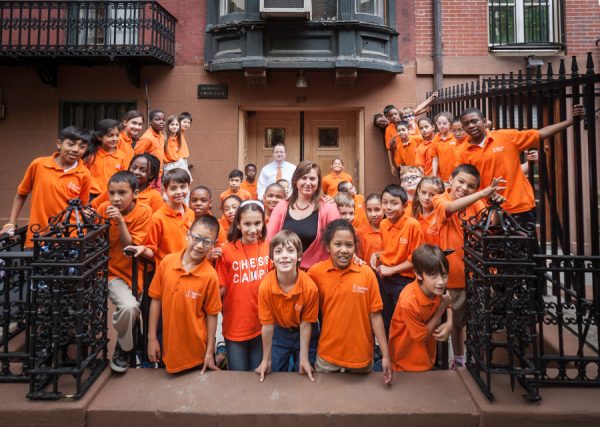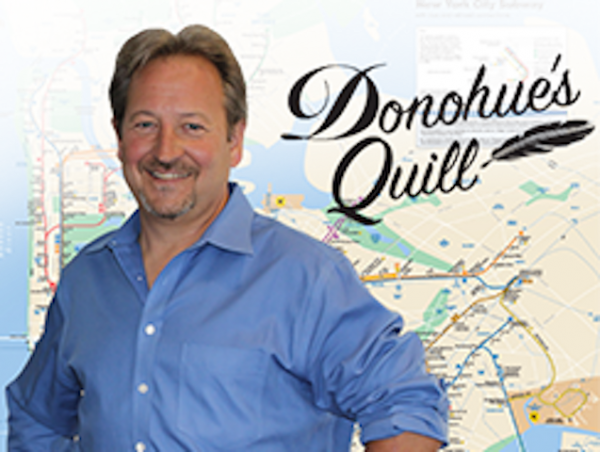When it comes to police brutality in America, I am reminded of the words of Fannie Lou Hamer: I am sick and tired of being sick and tired. While Mayor Bill de Blasio has released a police reform plan, I am not relying on it to be the solution. And for every day there is talk without action, that is another day where people in black and brown communities are worried that they or their family members might be the next victim of police brutality.
I have not waited passively for change. Last year, I passed four police reform bills in Albany – the first slate of such reforms passed in any statehouse following George Floyd’s death. The bills codified the right to record police, required state police to wear body cameras, created the Law Enforcement Misconduct Investigative Office, and criminalized frivolous 911 calls. And after my lobbying for many years, we repealed 50-a, resulting in the release of disciplinary records of over 83,000 NYPD officers.
My reforms were a major step forward, but there is far more work to be done. Firstly, there is an urgent need to reimagine our crime prevention funding. A Comptroller must produce a good ROI not only on pension investments, but also crime prevention spending. However, spending on police is not producing a good return: crime rates have plummeted since the 80’s yet in the last ten years, the NYPD budget increased by a third, and employees by over 3,000.
Clearly, the NYPD budget is bloated and, even with upticks in a few crimes over the last year, hiring more police would provide little benefit. Instead, the Comptroller must do a comprehensive audit of the department. This will prove invaluable to root out wasteful spending, such as McGruff the Crime Dog costumes and anti-aircraft military technology, that could be better spent on non-police intervention like Cure Violence, jobs programs like SYEP, and youth development programming like the Beacon school program – which will all have the effect of reducing crime without the long arm of the law.
An audit will also elucidate duties of NYPD officers that would be better handled by civilians. Law enforcement officers are not needed or suited to be school hall monitors, parade security, homeless outreach teams, or amateur social workers. Using them in these ways can lead to unnecessary tension and expensive overtime.
But an audit is only the first step. A good Comptroller must hold the city’s feet to the fire to make sure important reforms happen. Besides that, there are more policies that will help restore – or, for many of us, establish – faith in law enforcement.
We also need a non-police emergency response for mental health crises. While police homicides of unarmed people of color dominate headlines, we devote little attention to homicides of the severely mentally ill. Nationwide, at least 25% of people killed by police have severe mental illness (possibly as high as 50%), even though such illness afflicts less than 4% of the population. This is not because the mentally ill are more violent: statistically they are far more likely to be the victims of violence. In reality, police killings of the mentally ill are often the result of an officer’s unrealistic expectation that someone with special mental health needs will comply with orders, and then using non-compliant or erratic behavior as a pretense to escalate to force, including lethal force.
That is why we need non-police first responders for people in mental health crises, and I have introduced multiple bills to promote it in New York. Such responders are trained in de-escalating situations, instead of shooting a mentally ill person for a “threatening gesture.” Encouragingly, the mayor announced a pilot mental health emergency response in some police precincts, and we need to implement this citywide with all deliberate speed.
The NYPD also needs a residency requirement for officers, which existed until 1962, and exists for most of our civil servants. We cannot have police seen as an occupying force: officers must live among us, developing roots in our communities. However, only 49% of NYPD officers live in the city, down from 58% in 2016. For this reason, I sponsored S2984, which would create a residency requirement for all future NYPD officers.
Trust in law enforcement has dwindled in the past year. For many of us, this trend is more like the general public becoming aware of what we have known for a long time: police brutality and other misconduct are very real. Correcting this is within our reach, and there is no better time to act than now.
State Senator Kevin Parker (D-Brooklyn) is running for City Comptroller.









